Jailed Pakistan ex-PM Khan seeks UN probe into ‘Islamabad massacre’
Former PM says 'dozens of protestors' were killed following clashes with security forces last week in federal capital

Asma Kundi
Producer, Islamabad
Asma Kundi is a multimedia broadcast journalist with an experience of almost 15 years. Served national and international media industry as reporter, producer and news editor.
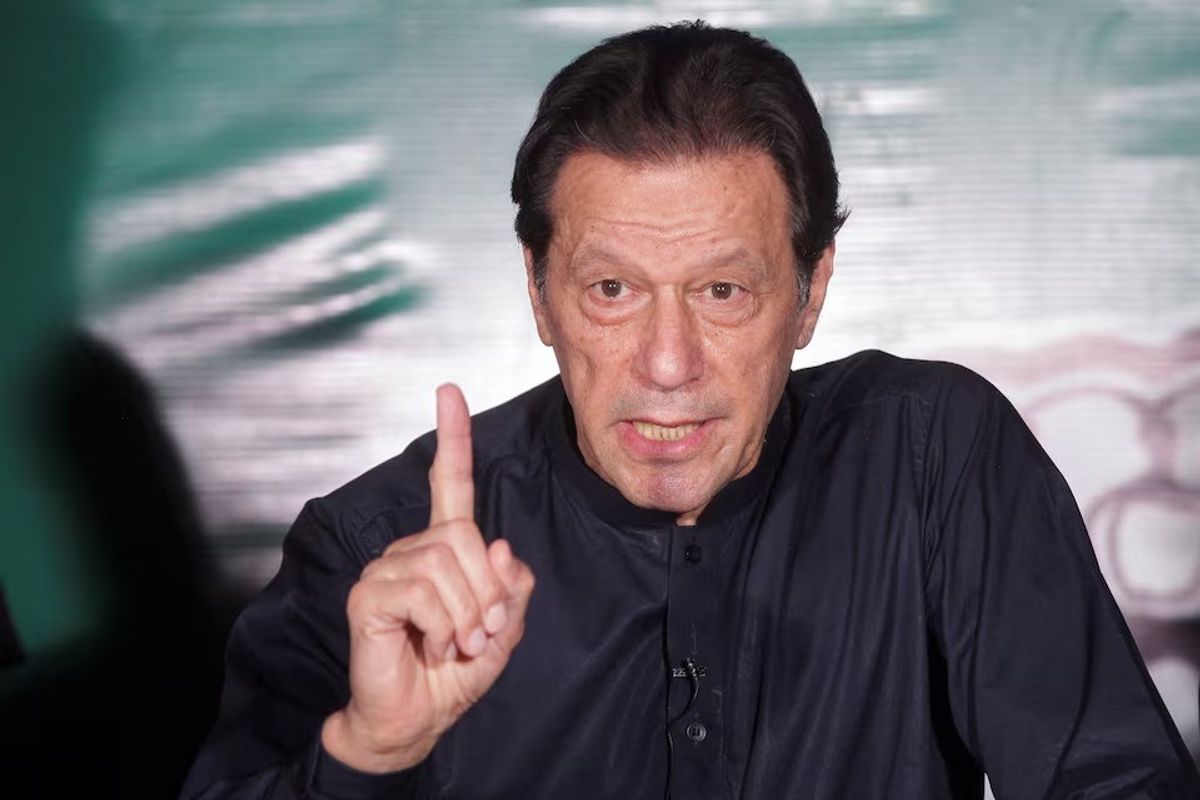
Former Pakistan Prime Minister Imran Khan has announced plans to approach the United Nations (UN) to investigate what he has called the “Islamabad massacre”, where dozens of protesters were allegedly killed. Khan stated that this step would be taken if the country’s top court failed to establish an impartial judicial commission.
Thousands of protesters had surged into the federal capital last week in response to Khan’s call seeking his release from prison, and challenging his exclusion from February elections, which he claims were rigged to prevent his political comeback.
- YouTubeyoutube.com
The government deployed hundreds of security forces to Islamabad, where clashes erupted as demonstrators attempted to occupy D-Chowk, a high-security public square near parliament and the prime minister’s residence.
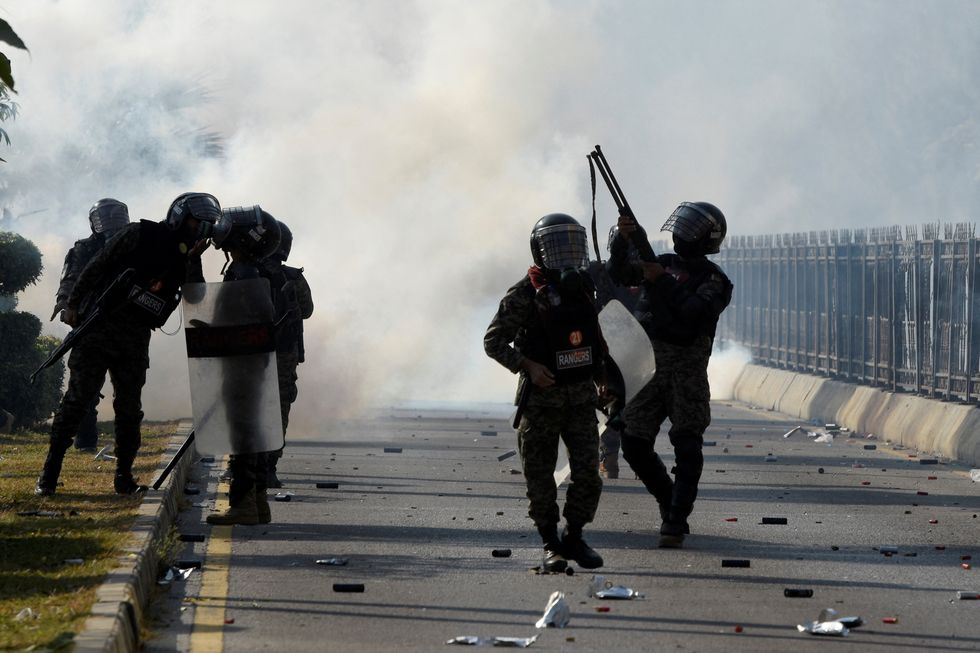
In a late-night operation on Nov. 26, police and paramilitary forces used tear gas and rubber bullets to disperse protesters, who wielded sticks and slingshots. Roadblocks were set ablaze during the confrontation.
According to Pakistan Tehreek-e-Insaf (PTI) Chairman Barrister Gohar Ali Khan, at least 12 party supporters were killed during the protest. However, he dismissed claims of "hundreds of martyrs," distancing the party from such assertions made by other PTI leaders including Ali Amin Gandapur and Sardar Latif Khosa.
- YouTubewww.youtube.com
Khan took to the social media platform X to demand accountability for the violence. “I am deeply saddened to hear about the martyrs of the "Islamabad massacre". The modern-day ‘General Dyer’ has repeated the history of Jallianwala Bagh,” he wrote. “The innocent blood of these martyrs will not go in vain, and we will take their case to every forum, including the United Nations.”
He called on the Supreme Court to ensure that those responsible for ordering and carrying out the violence face the “harshest punishments.”
Historical precedent
Seeking United Nations involvement in domestic matters is not unprecedented in Pakistan. In 2009, then-President Asif Ali Zardari requested a UN inquiry into the assassination of former Prime Minister Benazir Bhutto. However, legal experts are skeptical about the feasibility of Khan’s proposed move.
An international law expert, speaking on condition of anonymity, told Nukta that securing UN intervention without the host government’s consent is nearly impossible. “If the issue is internal and does not involve terrorism, it becomes even more difficult,” the expert said.
While UN human rights bodies and committees like the International Covenant on Civil and Political Rights (ICCPR) can consider independent complaints, their influence is limited to issuing non-binding recommendations. “Their role is primarily ‘naming and shaming,’ with no authority to enforce decisions,” the expert added.
Supreme Court lawyer Hafiz Ehsaan Ahmad Khokhar explained that the federal government can form a commission under Pakistan’s Commission of Inquiry Act.
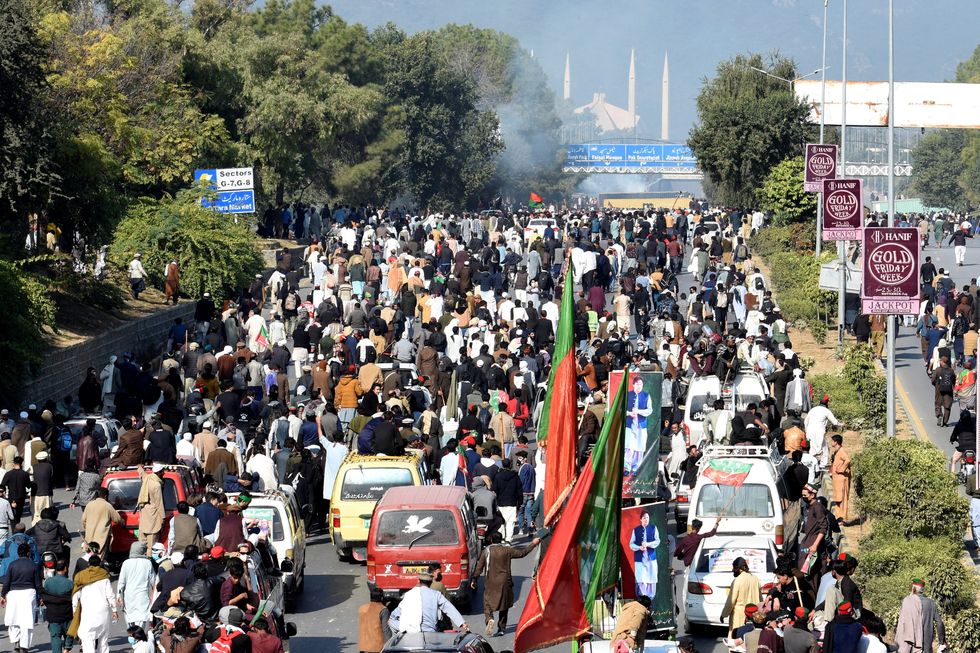
However, the invocation of Article 245—which allows the military to aid civilian authorities in maintaining law and order—complicates judicial recourse. “The United Nations only intervenes in international matters or where countries grant consent for its jurisdiction. It cannot act in purely domestic affairs,” he said, labeling Khan’s statement as political posturing.
‘Unlikely to achieve results’
The UN’s involvement in the 2007 assassination of Benazir Bhutto provides a precedent for international inquiries. In 2009, a UN Commission of Inquiry, led by Chilean diplomat Heraldo Muñoz, investigated the case at Pakistan’s formal request.
The inquiry criticized procedural lapses, security failures, and interference by intelligence agencies. While it did not lead to prosecutions, the investigation brought global attention to the case and heightened pressure on Pakistani authorities to act.
Experts caution that Khan’s appeal for international intervention is unlikely to yield similar results without government cooperation. “This move might draw attention but lacks practical avenues for implementation,” said the international law expert.







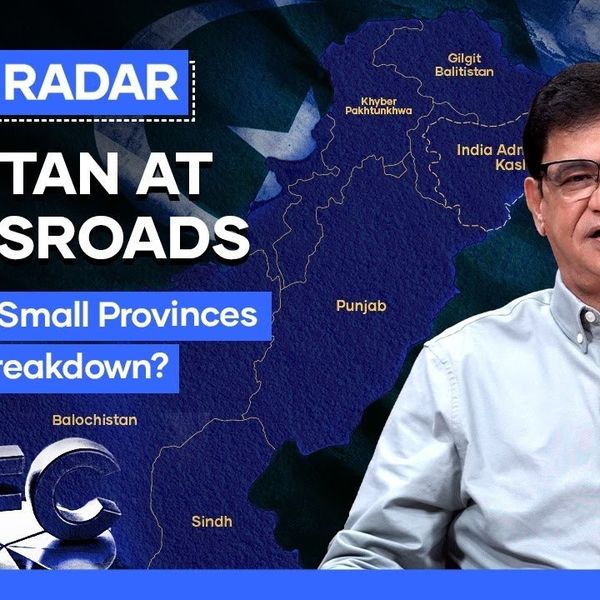
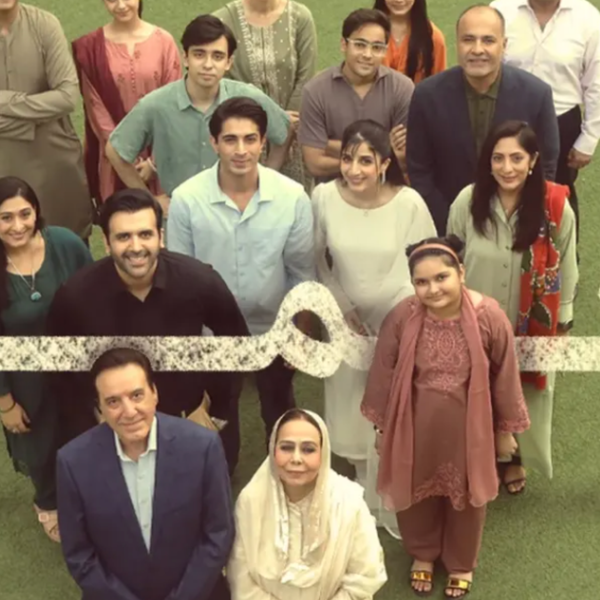

Comments
See what people are discussing